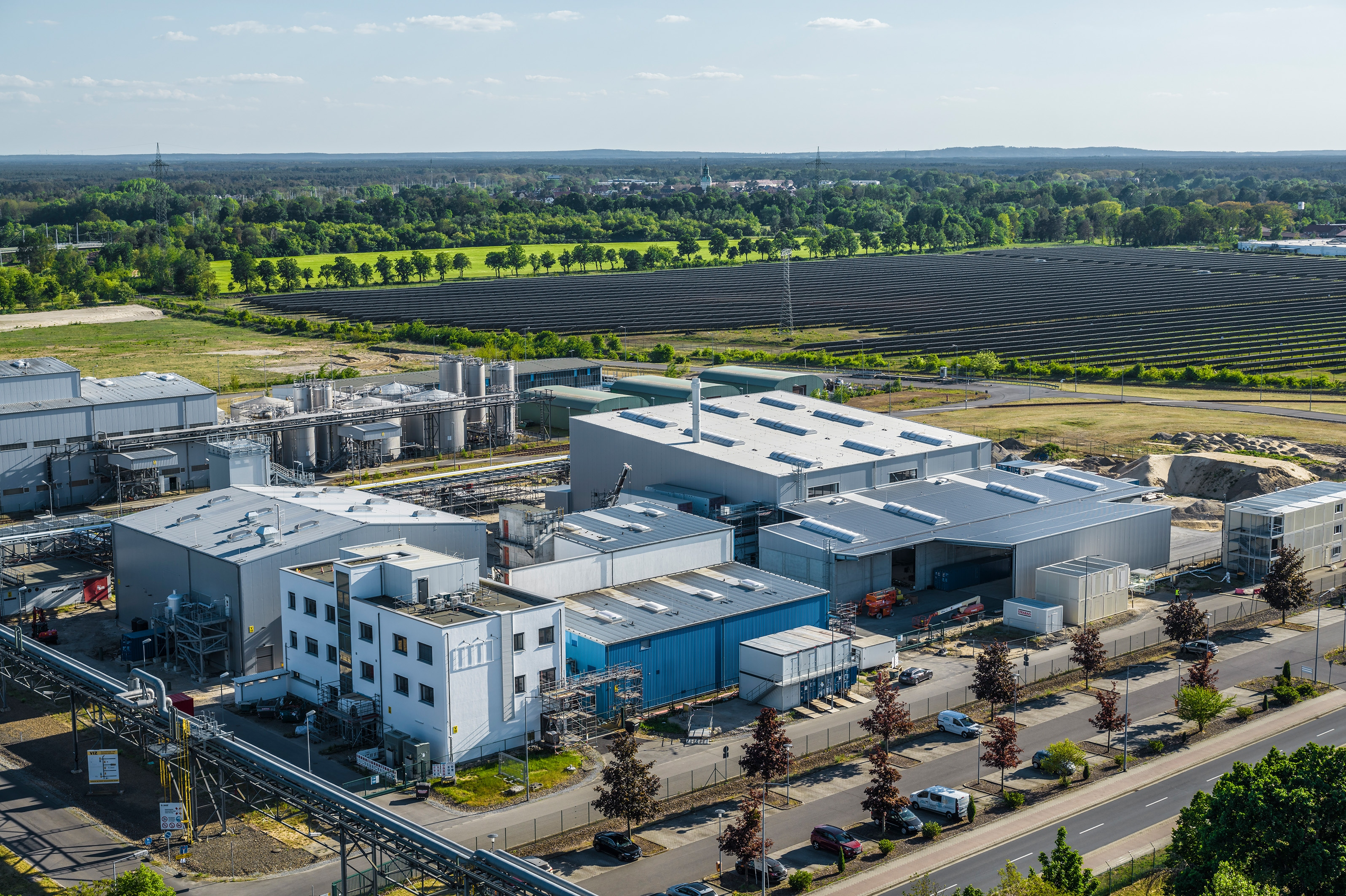BASF Commences Commercial Operations at One of Europe’s Largest Black Mass Battery Recycling Plants

Photo Credit: BASF
According to an official statement published by BASF, the company has commenced commercial operations at its newly constructed Black Mass production plant in Schwarzheide, Germany. The facility, which is among the largest of its kind in Europe, marks a major milestone in the company’s expanding battery materials and recycling business.
As reported on BASF’s official website, the Schwarzheide plant is capable of processing up to 15,000 tons of end-of-life lithium-ion batteries and production scrap per year, equivalent to approximately 40,000 electric vehicle battery packs. This significant processing capacity positions the plant as a strategic asset within the EU's growing battery recycling infrastructure.
The process of producing Black Mass involves the mechanical treatment of spent lithium-ion batteries to extract valuable metals such as lithium, nickel, cobalt, and manganese—all critical materials used in the production of cathode active materials (CAM). These metals can be chemically recovered and reintegrated into the battery supply chain, supporting closed-loop recycling and reducing reliance on primary raw materials.
BASF highlighted that battery recycling plays a crucial role in strengthening Europe’s raw materials security and meeting the EU Battery Regulation’s requirements for circular economy practices.
“Our new Black Mass plant is another proof for our commitment to the Battery Materials and Recycling industry, which remains to be one of the most significant growth opportunities in the chemical industry and for BASF Battery Materials,” said Dr. Daniel Schönfelder, President of BASF’s Battery Materials division. “It will become a cornerstone of our offerings to our customers to increase raw materials self-sufficiency and comply with the EU Battery Regulation.”
According to the company, BASF’s battery recycling operations in Europe now encompass the entire value chain, including collection, discharge and dismantling, Black Mass production, and refining. In addition to the new plant, the Schwarzheide site also houses Europe’s first fully automated CAM production unit, a prototype metal refinery, and one of the largest Black Mass storage facilities on the continent.
Industry analysts note that the start of commercial operations at the Schwarzheide facility comes at a time when the European Union is actively working to reduce its dependence on imported critical raw materials, particularly in light of rising demand for electric vehicles and sustainable energy solutions.
Source: BASF






